Must have, can't have, couldn't have expressing past probability Structure modal verb have past participle must have been, can't have gone, couldn't have gone, etc We use must have to express that we feel sure that something was true in the past They must have left early He must have already goneThank you Behnam A;Some tips about confusing modal verbs Created using PowToon Free sign up at http//wwwpowtooncom/ Make your own animated videos and animated presen
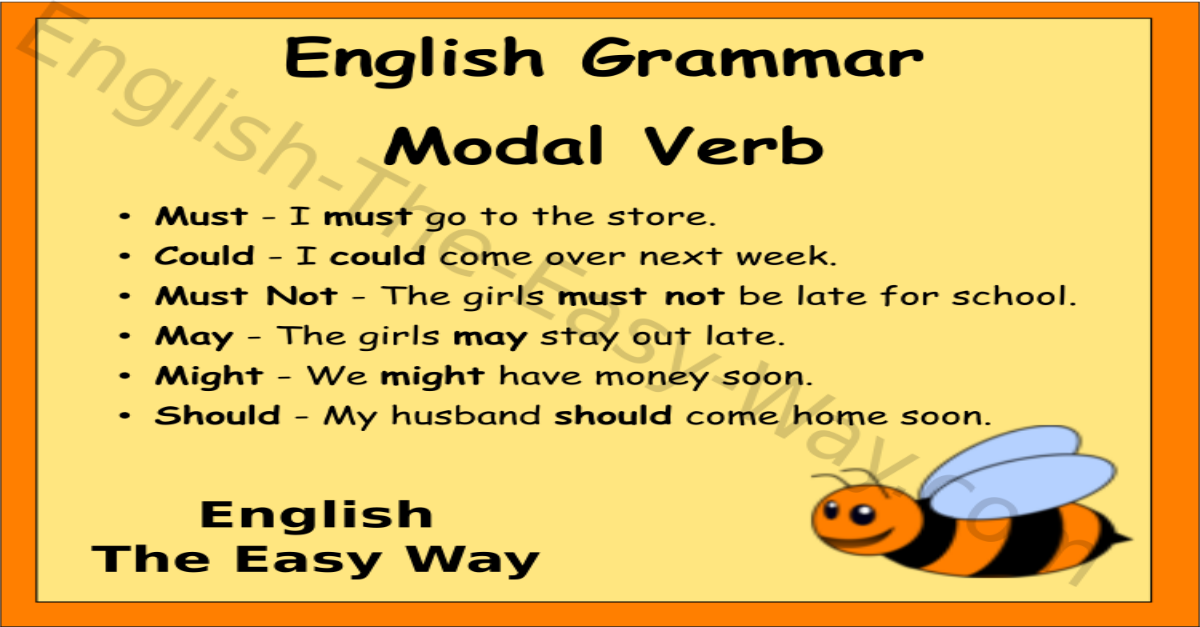
Modal Verbs English Grammar English The Easy Way
Must not have contraction
Must not have contraction-I have not changed the XAML "Partial declarations of 'CountryStandards' must not specify different base classes" I think the problem may be that the designer is not inheriting the same class But I need to somehow implement inheritance since there are many common methods which are to be used in many standard pages like CountryStandardsMust English Grammar Today a reference to written and spoken English grammar and usage Cambridge Dictionary




How To Use The Modal Must Learn English Grammar Youtube
What I'd like to understand better is why use 'has' in a postive sentence and 'have' in a negative sentence For example She ha s red hair, she does not ha ve black hair The woman ha s black hair, she does not ha ve red hair The man ha s a brown moustach e, he does not ha ve a beard The girl ha s curly hair, she does not ha ve strai ght hairMust vs have to Both Must and have to express obligation or necessity, but there are some small differences • Must expresses the speaker's feelings, whereas have to expresses, above all, an impersonal idea You must come You are obliged to come (I require that you come) You have to come You are obliged to come Must not means that you should not do something It's not a good idea or it's forbidden Not have to means it is not necessary Here are some examples You must not take photographs in the museum, as the flash harms the paintings You don't have to go to the post office I've already sent the package Again, you can use must not only in the present tense Use of Not Have
Don't use 'must not', 'mustn't', or 'have not to' to say that it is not necessary that something is done Don't say, for example ' You mustn't explain ' when you mean that it is not necessary to explain To say that it was not necessary for something to be done on a particular occasion in the past, use didn't have to or didn't need toMust have 過去分詞の否定はmustに notを付けてmustn't have 過去分詞、 意味は「~でなかったにちがいない」 となります。 以下は、例文です。 She mustn't have known it 「彼女は、それを知らなかったにちがいない。 」 Grammar Both must not and do not have to are modal verbs They are followed by a verb in the simple or base form (no changes to its structure) Must not is much stronger than do not have to Also, must not can only be used to talk about the present or the future To express this idea in the past, I would have to use "was forbidden to" or "wasn't allowed to"
MUST – This word mean that the definition is an absolute requirement of the specification MUST NOT – This phrase mean that the definition is an absolute prohibition of the specification The question is whether the last definition really is correct, or if it should have been MAY NOT instead to have the defined meaningIf you want the dictionary definition, just double click on any word don't have to vs mustn't Don't have to = Do not have to We use don't have to to say that there is no obligation or necessity to do something For example "You don't have to do the exercises at the end of this page" Mustn't = must not Must have not done The owner of it will not be notified Only the user who asked this question will see who disagreed with this answer Must not have done is what I would have used Example He must not have done the laundry before he left for work Example2 To be admitted, the student must not have done any prior work in this subject




The Million Covid Orphans Must Not Be Left Behind Financial Times




What S The Difference Must Not Vs Don T Have To Pela
Modal auxiliary verbs ("modals") are very irregular and have extremely complex grammar Every modal has two kinds of meaning its Epistemic sense and its Deontic sense Epistemic meanings are abstract and refer to logical predictions and conclusions This might/must/could/should/may/will/would be the placeNon deve avere non devono avere non deve essere non devono essere non devono aver non dev'essere non devono presentare non dovrà avere non doveva non deve aver Altre traduzioni The president must not have unlimited authority in cabinet mattersEnglisch Übung zu Hilfsverben must und not have to "Mustn't und don't have to/doesn't have to" sind wirklich ganz verschieden Example You mustn't (du darfst nicht) do something bedeutet, dass etwas verboten istDas darfst du auf keinen Fall machen You mustn't eat the last piece of cake it's for Sally You don't have to do something bedeutet, dass du etwas nicht machen brauchst
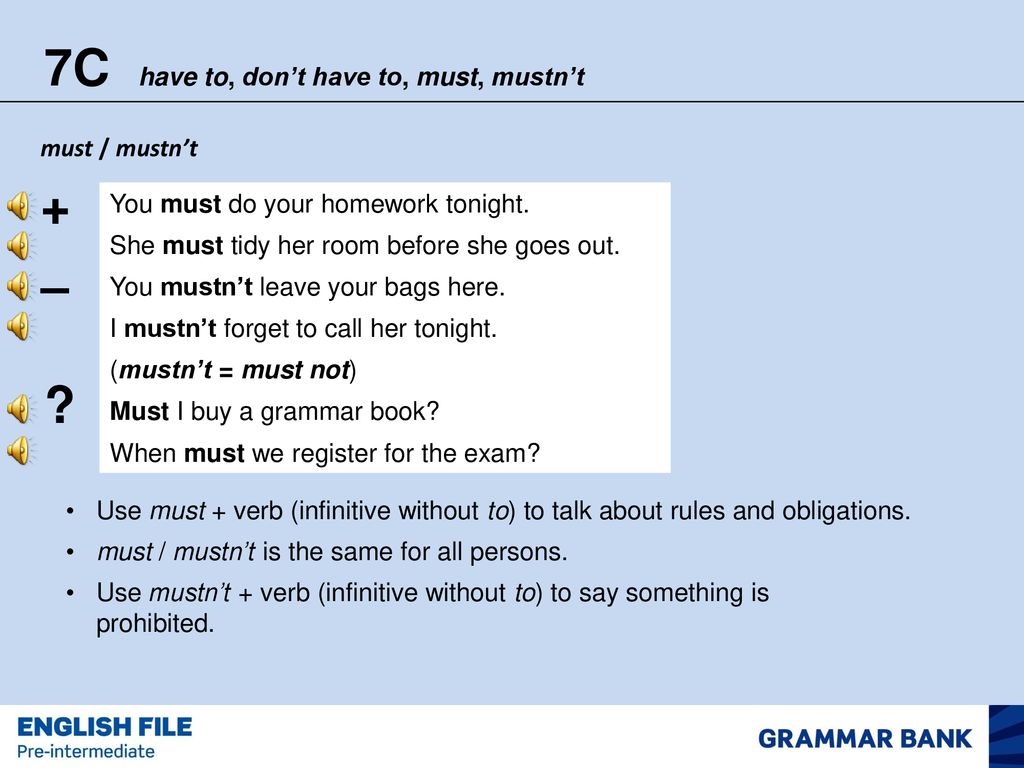



7c Have To Don T Have To Must Mustn T Ppt Download




Geodatabase Topology Rules And Fixes For Polyline Features Arcgis Pro Documentation
I must not wait for the bus means I am under obligation to not wait for the bus To express this with have to, it would be the unusual I have to not wait for the bus (I mustThe verbs "do not have to" and "must not" are modal verbs Modal verbs are helping/auxiliary verbs that express ideas like ability, necessity, lack of obligation, and prohibition Many modal verbs have more than one meaning They are always followed by the simple form of a verb For exampleW tym przypadku "might have" opisuje prawdopodobieństwo, że on jeszcze nie wysłał zaproszeń Pytanie w formie przeczącej Do




Test English Prepare For Your English Exam




Abby Wambach Quote You Must Not Only Have Competitiveness But Ability Regardless Of The Circumstance You
Modals with "Not" 1 Must not, Do not have to Choose the best modal for each sentenceDon't have to/doesn't have to หมายถึง "ไม่จำเป็นต้อง" นั่นคือจะทำหรือไม่ทำก็ได้ โครงสร้างคือ don't have to/doesn't have to verb infinitive (V1) เช่น He doesn't have to wear a suit to work but he usually doesMust, have/has to, mustn't, don't/doesn't have to 1 You must mustn't / must not have to don't have to take me home because my father is giving me a lift 2 You must mustn't / must not have to don't have to talk to her like that, she is your mother,




Topology Error Must Not Have Gaps Encompasses Extent Of All Existing Features Geographic Information Systems Stack Exchange




Modal Verbs English Grammar English The Easy Way
Have to, must Have to is NOT an auxiliary verb (it uses the verb have as a main verb) We include have to here for convenience Must is a modal auxiliary verb In this lesson we look at have to, must and must not, followed by a quiz to check your understandingHave to, must Quiz You can do this grammar quiz online or print it on paper It tests what you learned on the have to, must page 1 Yesterday I _____ finish my geography project must mustn't had to a) must b) mustn't c) had to 2 She will _____ wait in line like everyone else must3 In this setting they are pretty much the same Language can have a literal meaning, a canonical meaning (the first thing you think of), a metaphorical meaning ("the face of a cliff"), and implied meanings Literally, "cannot" means logically or physically impossible "we cannot pick up that huge boulder" And "must not" means not allowed
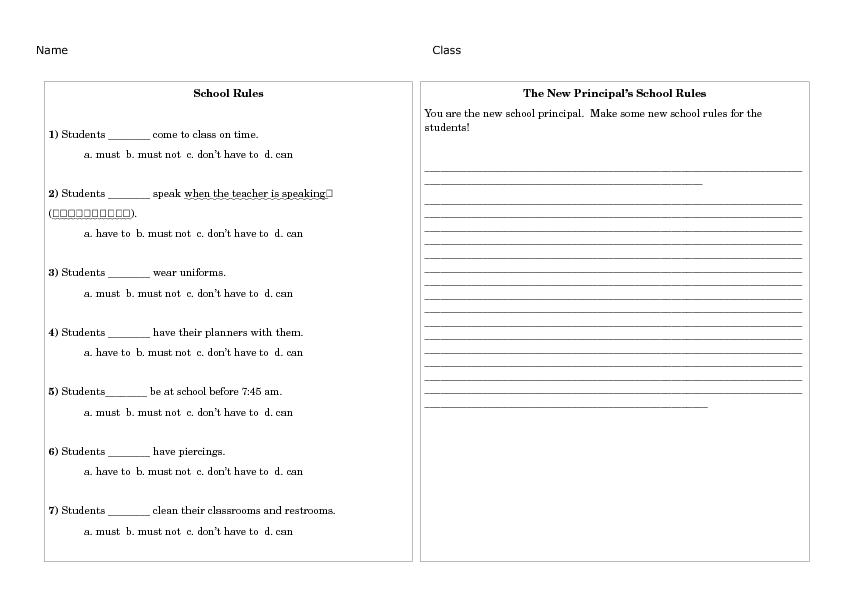



81 Free Must Worksheets



What S The Difference Must Not Vs Don T Have To Pela
There is an important difference between 'must not' and 'don't have to' About Press Copyright Contact us Creators Advertise Developers Terms Privacy Policy & Safety How works Laborious to indicate lack of necessity in the past, we could use "didn't have to" Yes must not doesn't work for this meaning, by the way You didn't have to get me a present for my birthday is not the same as You mustn't get me a present for my birthdayTraduzione di "must not" in italiano The president must not have unlimited authority in cabinet matters Il Presidente non deve avere un'illimitata autorità nelle faccende del gabinetto Oenomaus must not die before prophecy is fulfilled Enomao non deve morire prima che la profezia si
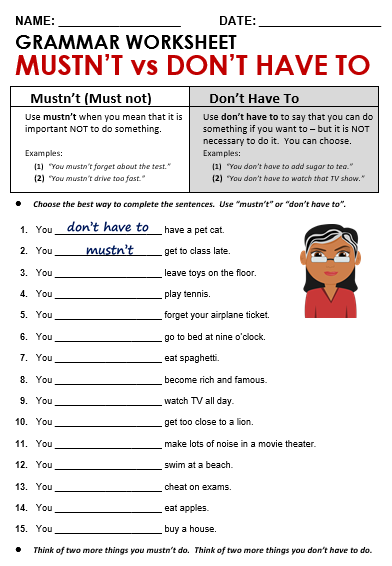



Must Necessity All Things Grammar
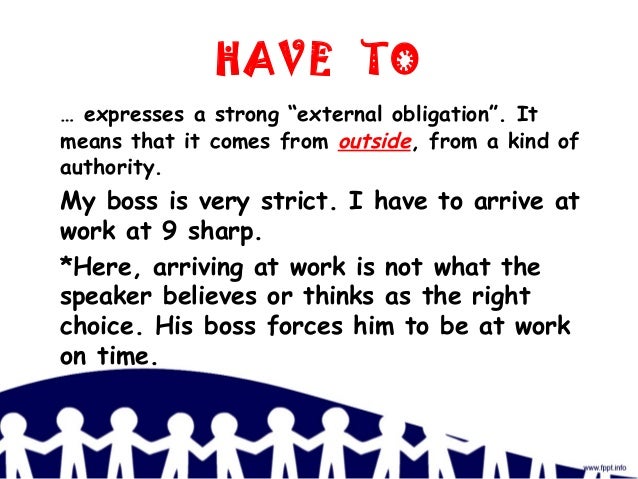



Must Mustn T Have To Don T Haveto
La forma negativa, "mustn't" ("must not"), significa que usted está obligado a hacer algo o se le recomienda no hacer algo Forma "must" o "mustn't" ("must notThere is a BIG difference in meaning between Mustn't and Don't have to Mustn't means something is prohibited or it is not allowed It is important that you do NOT do something Don't have to means there is NO obligation to do something You are not required to do something, especially if you don't want to You can do the thing if you want toMany translated example sentences containing "must not have" – SpanishEnglish dictionary and search engine for Spanish translations
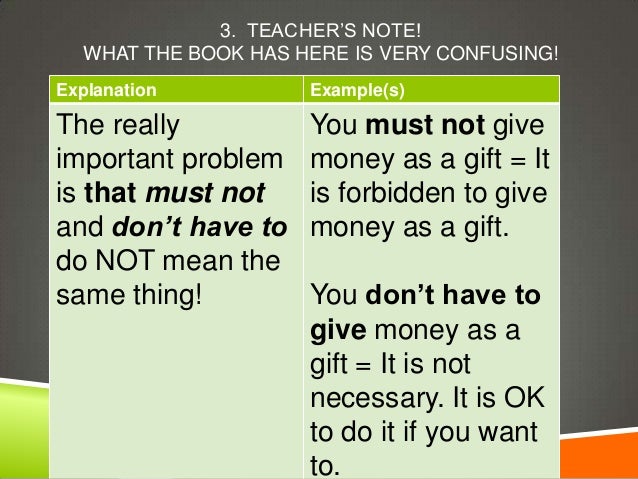



Unit 4 Grammar Notes




Must Vs Have To Must Not Vs Don T Have To 7esl Teaching English Grammar English Language Teaching English Language Learning
The 'must' version uses the knowledge/certainty meaning of "must" from all the evidence, it appears that he didn't steal it The barmaid says he was in the public bar all evening, so if she's right, it must not have been him it must have been someone else Model bound complex types must not be abstract or value types and must have a parameterless constructor Alternatively, set the 'WorkflowItem' property to a nonnull value in the 'MyNamespaceEditModel' constructorComments The correct spelling is mustn't, though it's pronounced musn't In terms of meaning, no, there's no difference, but the contracted form is seldom used in normal conversation and is rather passé




Past Modal Verbs Explained In Pictures Break Into English
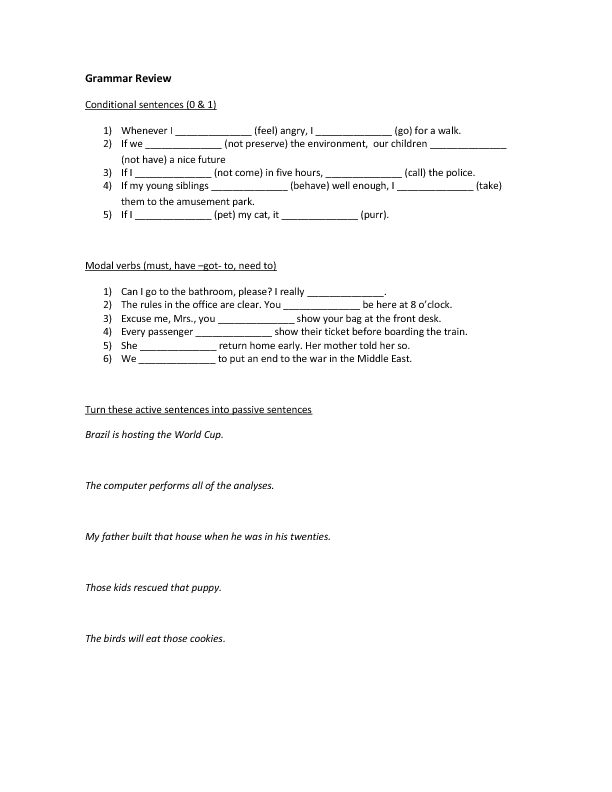



81 Free Must Worksheets
Grammar Rule Examples I must do my homework You mustn't be late for class We must wear our school uniform Remember! must notの意味は「〜してはいけない」 must notとnot have toの違いをみてみます。 「You must not study English」 英語を勉強 してはいけません 。 「You don't have to study English」 英語を勉強 する必要はありません 。1 Answer1 It was very kind of you to do the washing up, but you did not have to do it Your action was not necessary To have to is to be obliged to1 It was very kind of you to do the washing up, but you might not have done it It is possible that you didn't do it It was very kind of you to do the washing up, but you must not have done it




Must Mustn T Can Have Don T Have To English Esl Worksheets For Distance Learning And Physical Classrooms




Abby Wambach Quote You Must Not Only Have Competitiveness But Ability Regardless Of The Circumstance You
"Cannot have" or "must not have" past participle (1) They cannot have arrived yet (2) They must not have arrived yet"But he might have not sent out the invitations yet" W drugim zdaniu "not" użyte jest do podkreślenia formy przeczącej czasownika głównego;Viele übersetzte Beispielsätze mit "must not have" – DeutschEnglisch Wörterbuch und Suchmaschine für Millionen von DeutschÜbersetzungen must not have DeutschÜbersetzung – Linguee Wörterbuch




Topology Validation Must Not Overlap Must Not Have Gaps Youtube
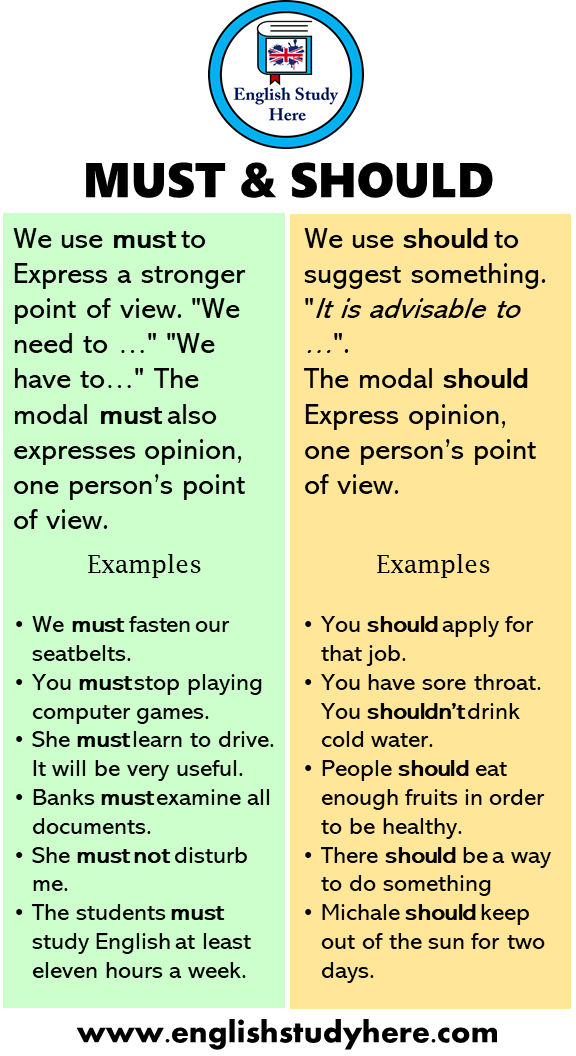



11 Example Sentences With Must Should And Definition English Study Here
Fill in the blanks with must, mustn't, have / has (not) , needn't 1 You bring your tracksuits for your PE (Physical Education) classes 2 The monitors to be cleaned before leaving every night That's number 1 ruleWe can use 'must' to talk about rulesFor the negative, we can say 'must not' or 'mustn't' Parents must take care of their children You mustn't shout in the library She must not forget her books Be careful!Either way, the speaker has decided that it's not possible that Jayne took them In this situation, we never use 'mustn't' Using 'mustn't' in this situation is a common problem with English learners so make sure you avoid doing it So, it must have been interesting finding out about these words if you've read this far in the




Should Must And Have To English Esl Worksheets For Distance Learning And Physical Classrooms



1
He must be bored because he's not challenged to his full potential at his current job You can't have finished the report already – Susan still has to send you the newest poll numbers!The main verb is without 'to'Mustn't betekent niet toegestaan (not allowed), maar don't have to betekent niet noodzakelijk (not




The Language Boutique Modal Verbs Grammar And Vocabulary English Grammar




There Are 9 Australian Kids Stranded In India They Have Special Legal Rights We Must Not Ignore
Introduction We use the modal verbs "must have", "can't have" and "might have" to make guesses or deductions about an action in the past that we believe has definitely happened, has definitely not happened or possibly happened, based on our knowledge, information or evidence, or lack of it We use "must have", "can't have" and "might have" in theSentence examples for must not have been from inspiring English sources McCall must not have been married I must not have been that good Must not have been important I must not have been ready before "Our parents must not have been thinking, either" Ken Marks must not have been as nervousIt must have is grammatically correct Because this is a past modal and when you are using modals in the past then you always use modal have to express a modal in the past




Must Mustn T We Use Must Not To Say That Something Is Not Permitted Or Allowed For Example Passengers Must Not Talk To The Driver Mustn T I Mustn T Ppt Download




Solucionario By Gia Schade Issuu
Generally, is ''musn't havepp'' different from ''must not havepp'' ?For example, when new requirements are deemed more important) MUST can also be considered an acronym for the Minimum Usable Subset Should haveIf even one Must have requirement is not included, the project delivery should be considered a failure (note requirements can be downgraded from Must have, by agreement with all relevant stakeholders;



2




Modal Verb Must Concrete Meaning Obligation From The




Must Mustn T Have To Don T Haveto




Period Weight Gain Why It Happens And Why You Must Not Worry About It The Times Of India




Mustn T Vs Don T Have To Woodward English
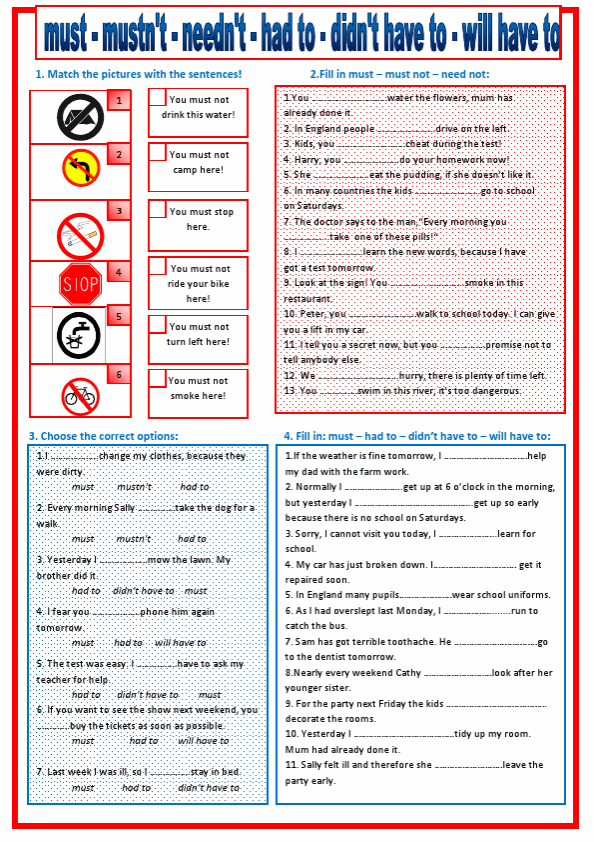



Must Have To Exercises Free Printable Must Have To Esl Worksheets




Calameo Blue Main Idea Graphic Organizer




Geodatabase Topology Rules And Topology Error Fixes Help Arcgis For Desktop
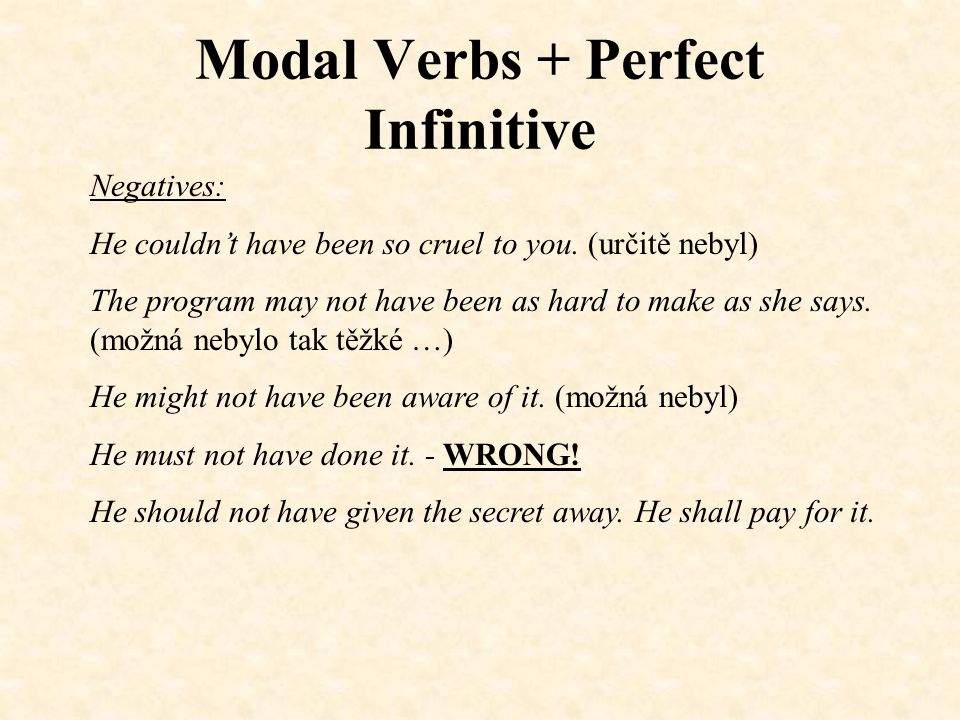



Modal Verbs Perfect Infinitive Ppt Video Online Download



2




Modal Verbs Grammar Review Raed Albanon University Of
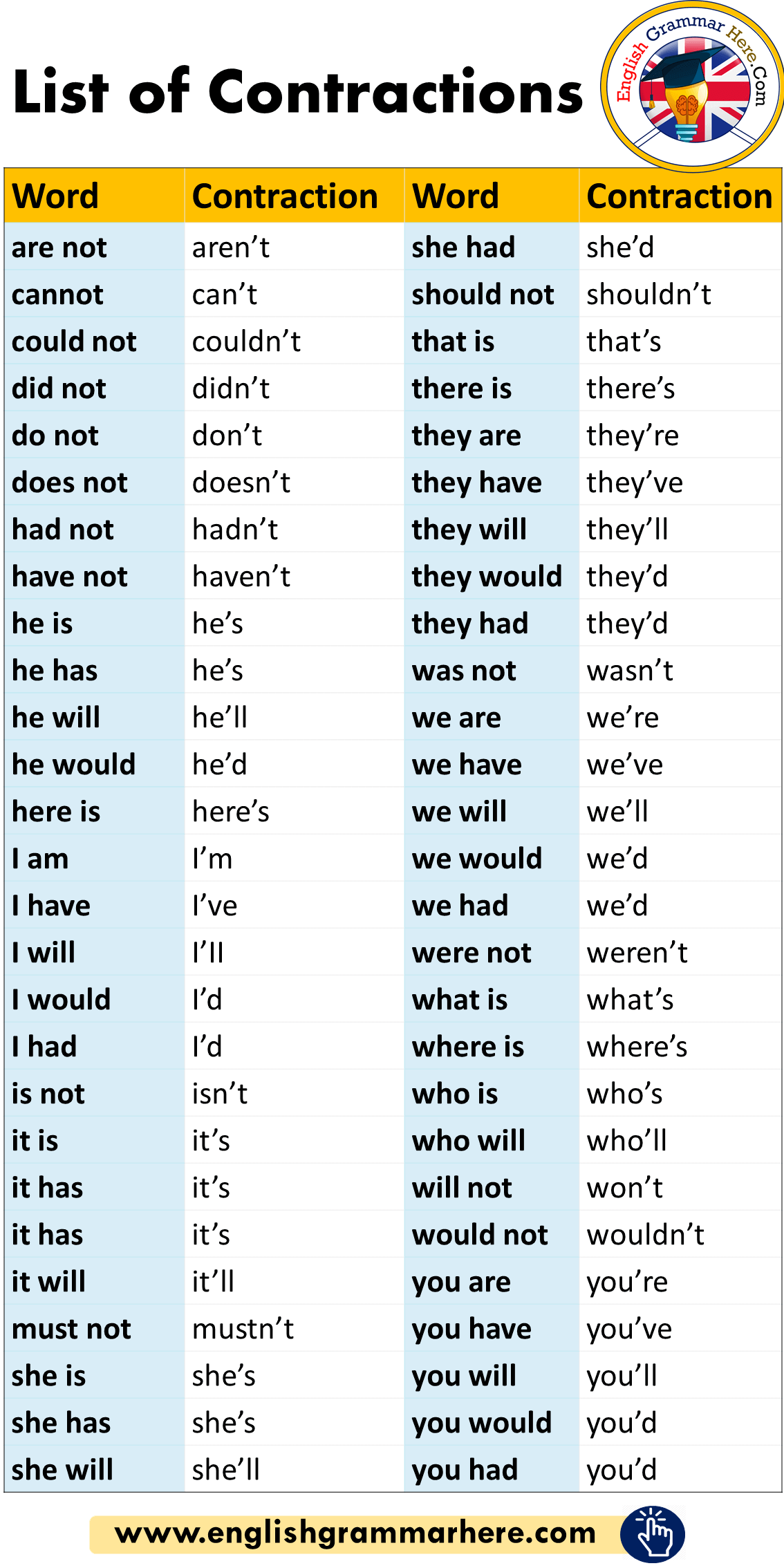



Detailed List Of Contractions In English English Grammar Here
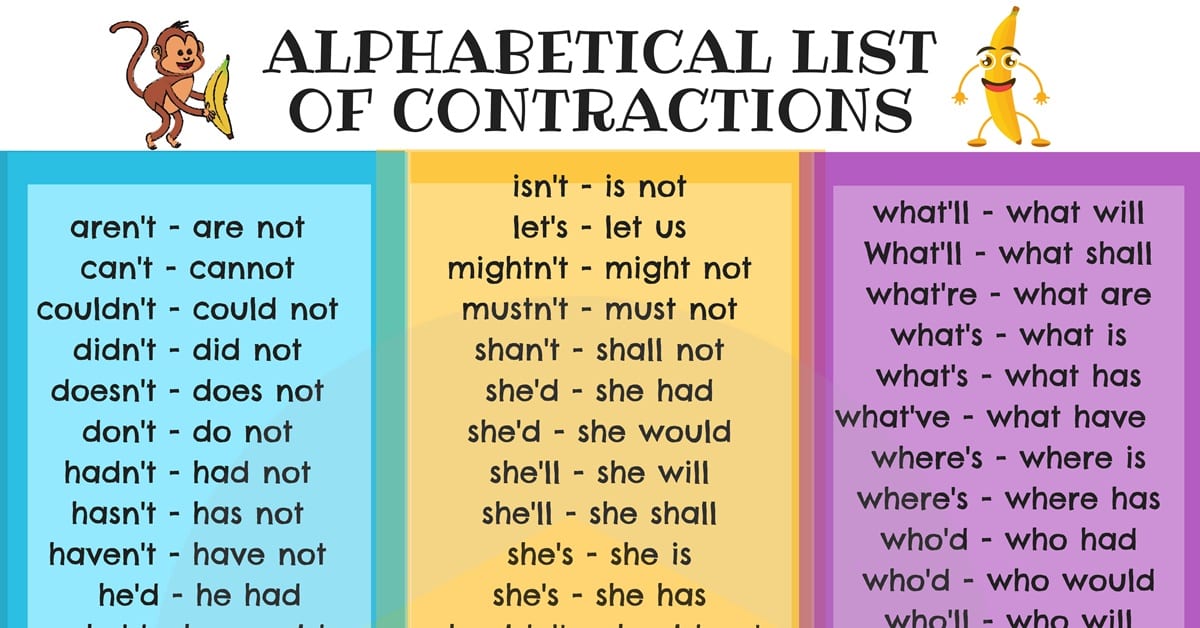



List Of Contractions Contraction Words Used In Writing And Speaking 7esl




Interchange Fifth Edition Executive Preview By Cambridge University Press Issuu




How To Use The Modal Must Learn English Grammar Youtube




Meaning Examples Can Could May Might Will Would Shall Should Must Shakespeare S English




Must Must Not Have To Don T Doesn T Have To English With A Smile




What S The Difference Must Not Vs Don T Have To Pela




Mustn T Vs Don T Have To What Is The Difference Youtube




The Modals In Pictures Can Can T Can T Have Could Couldn T Could Have Couldn
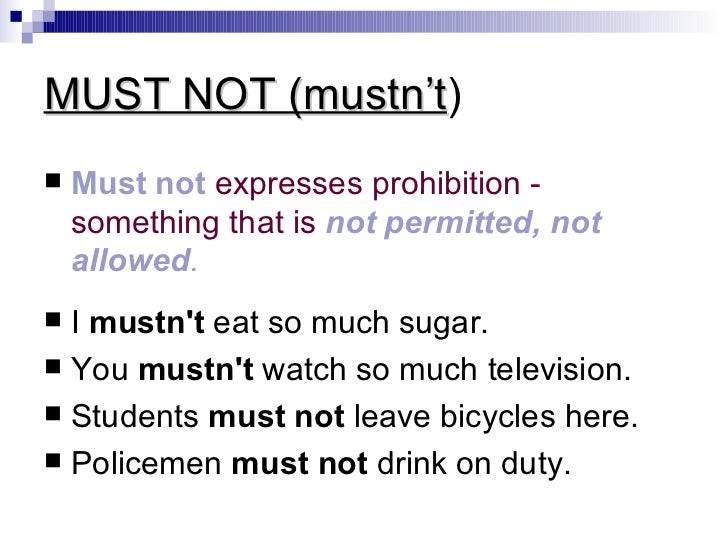



Should Must Have To




Must Must Not Have To Don T Doesn T Have To English With A Smile
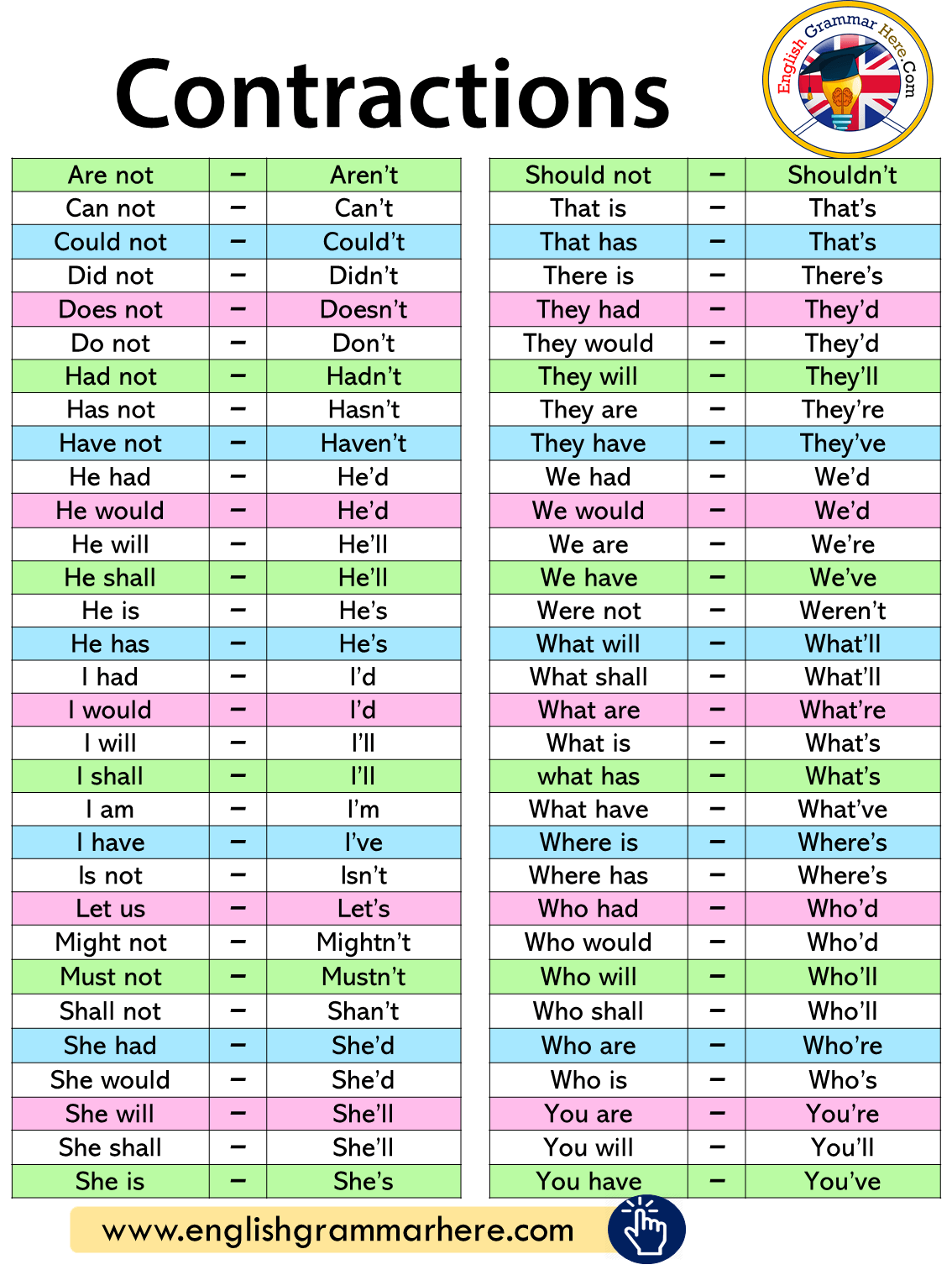



Detailed Contractions List In English English Grammar Here
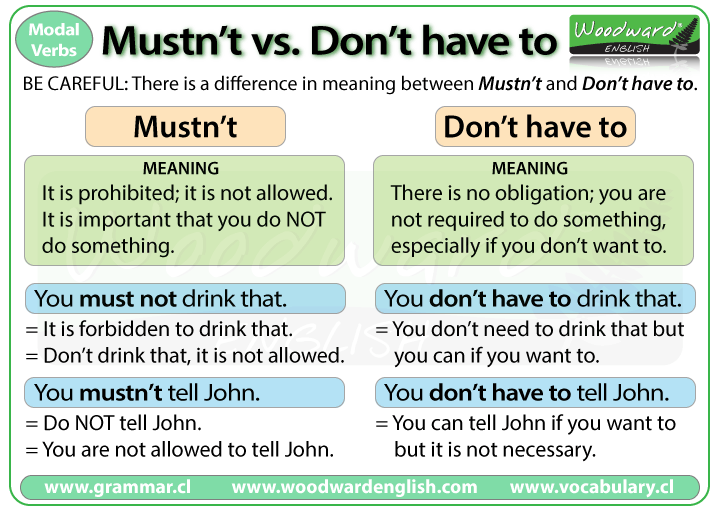



Must English Grammar




Modal Verbs What Are Modal Verbs Special Verbs



1



2
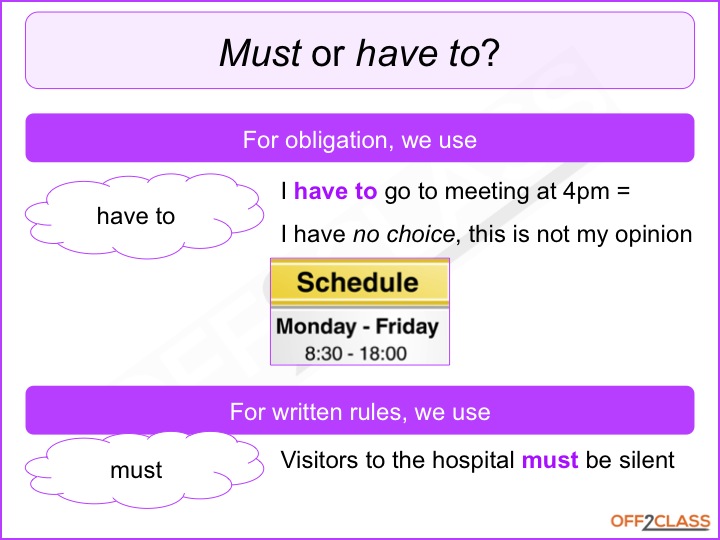



Teaching Must And Have To Necessity Modals Off2class




Teaching Must And Have To Necessity Modals Off2class



We Are Not Enemies But Friends We Must Not Be Enemies Though Picture Quotes




Test English Prepare For Your English Exam
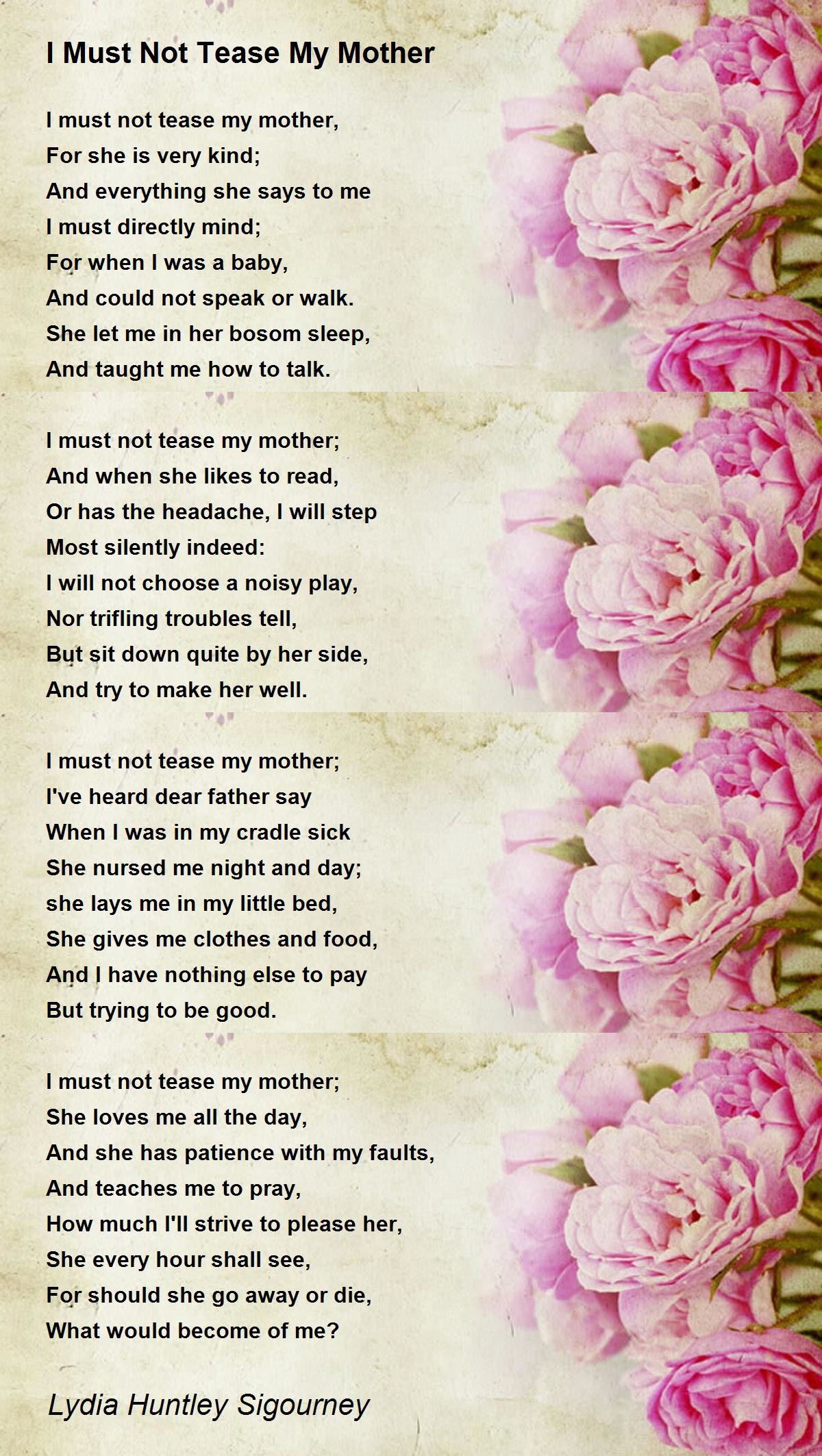



I Must Not Tease My Mother Poem By Lydia Huntley Sigourney Poem Hunter




Geodatabase Topology Rules And Fixes For Polyline Features Arcgis Pro Documentation



I Am Not Sure How To Use The Words Can Could May Might Should Ought Must Have To Shall Will Or Would Are There Any Easy Rules To Use These Modals Correctly




Modal Auxiliary Verbs English Grammar Onlymyenglish




English Grammar Must And Have To Mustn T And Don T Have To Eslbuzz Learning English
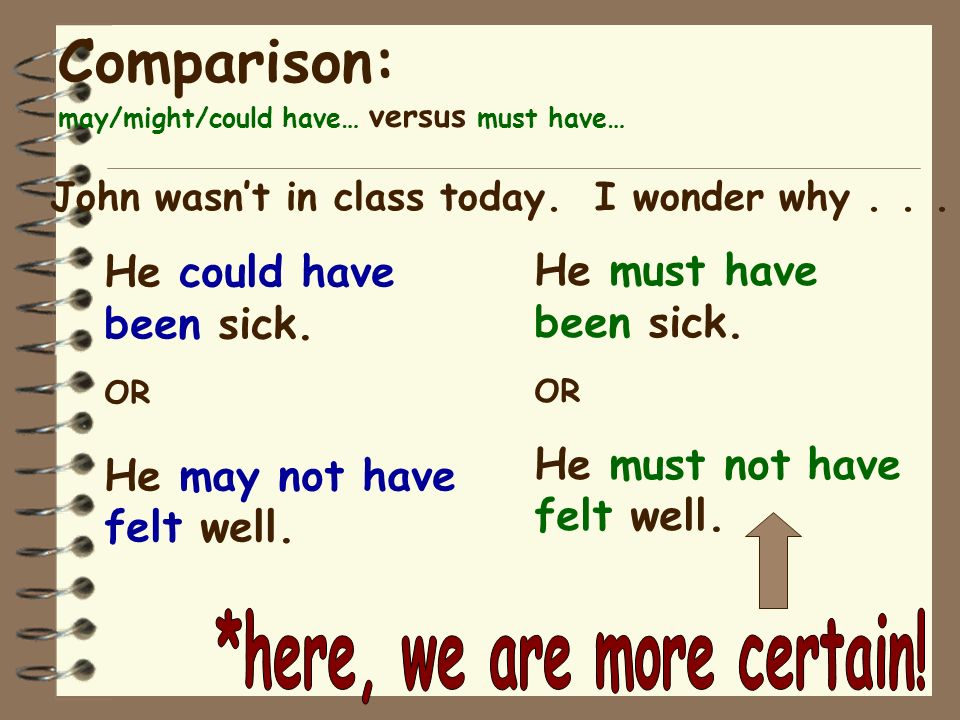



May Might Could And Must Have Ppt Video Online Download




Mustn T And Don T Have To English Esl Worksheets For Distance Learning And Physical Classrooms
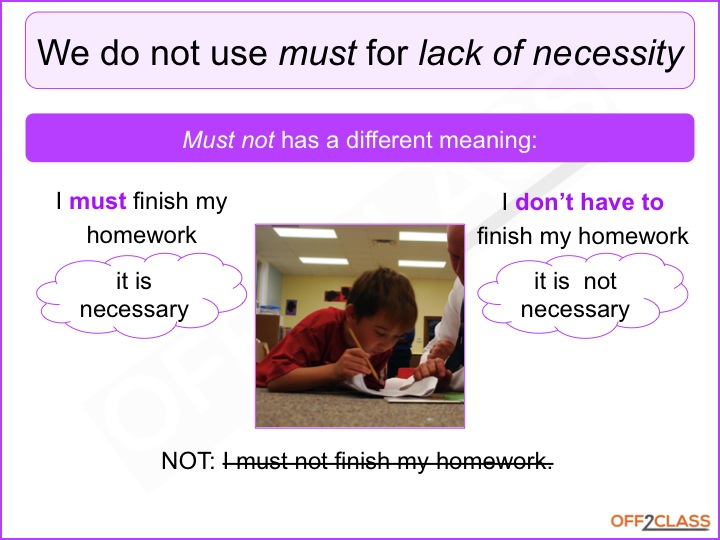



Teaching Must And Have To Necessity Modals Off2class




List Of Contractions In English Grammar Tips



Difference Between Have To And Must Difference Between




Must And Have To Difference A Free Guide Post




Test English Prepare For Your English Exam




Must Vs Have To What Is The Difference Youtube




Must Vs Have To Must Not Vs Don T Have To 7esl Teaching English Grammar Modal Verbs English Phrases
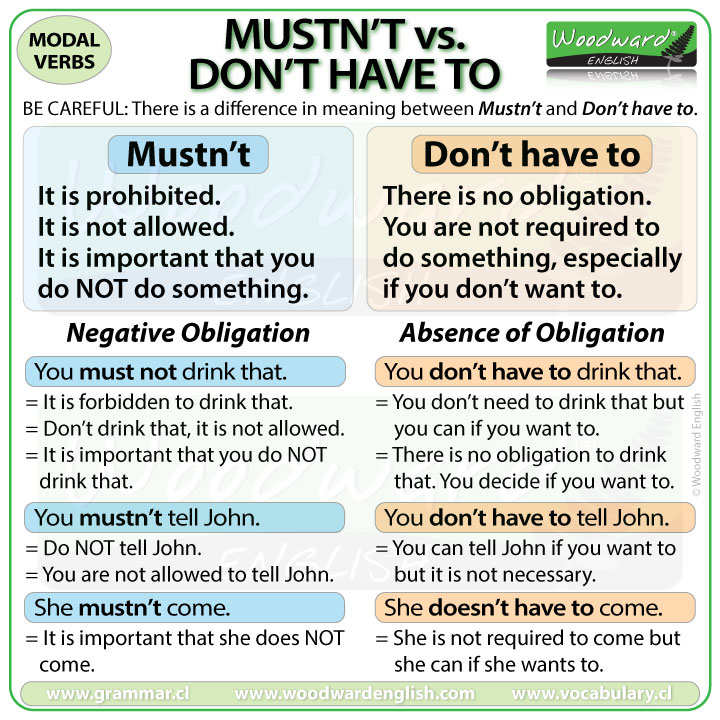



Mustn T Vs Don T Have To Woodward English



Q Tbn And9gcrfe85dymg3tmmaejcmeu1o Kb6szxfvqpdtzxewn0 Rgd Ayh0 Usqp Cau
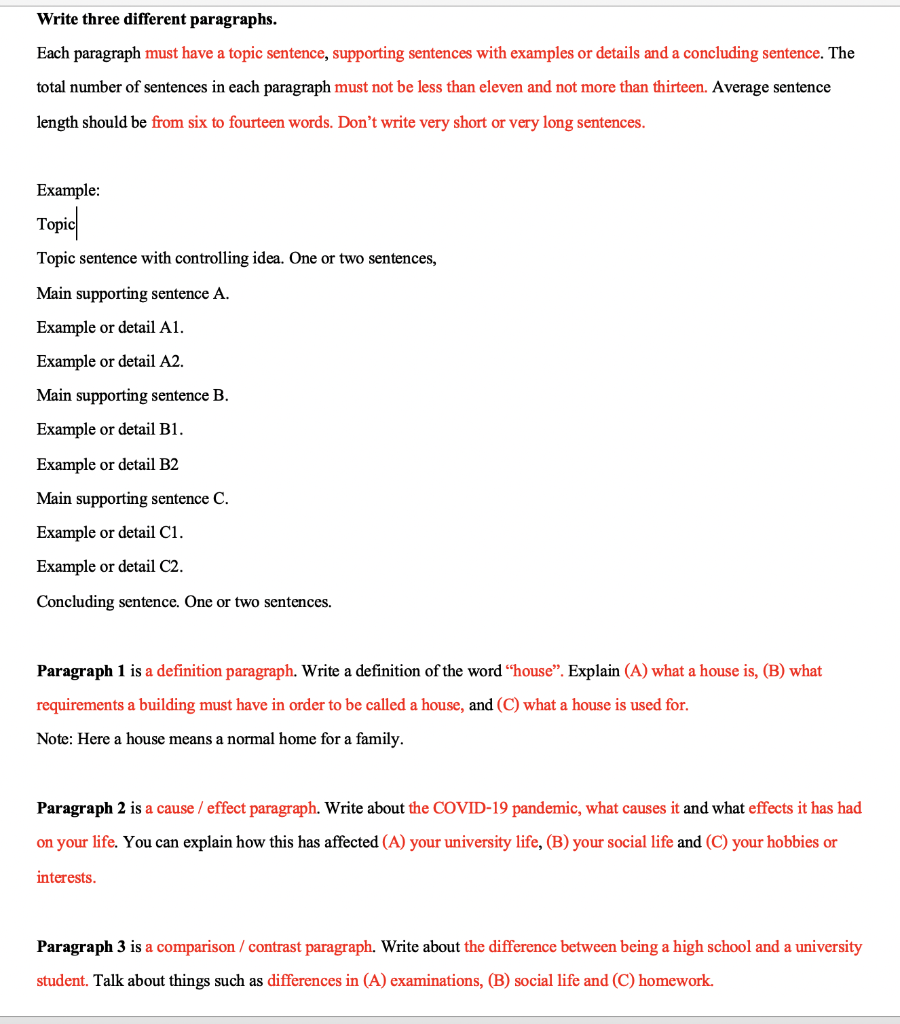



Write Three Different Paragraphs Each Paragraph Must Chegg Com




Geodatabase Topology Rules And Fixes For Polyline Features Arcgis Pro Documentation




Modal Verbs Should Ought To Have To Y Must




Data Protection Officers Must Not Have A Conflict Of Interest Part 2




Lesson Idea Must Mustn T Don T Have To Elt Planning
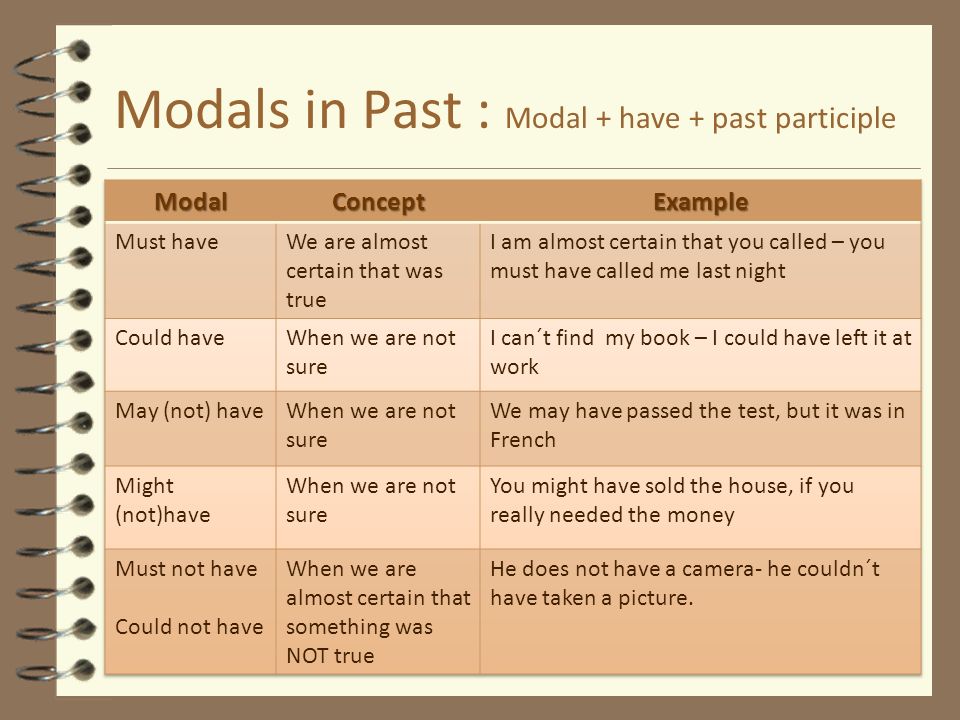



May Might Could And Must Have Ppt Video Online Download




1 You Help Me If You Don T Have Time I Can Do The Job Myself




The Difference Between Must Not And Don T Have To Youtube




Abby Wambach Quote You Must Not Only Have Competitiveness But Ability Regardless Of The Circumstance You




Modals Can T Have Must Have Might Have Grammar Businessenglish Com
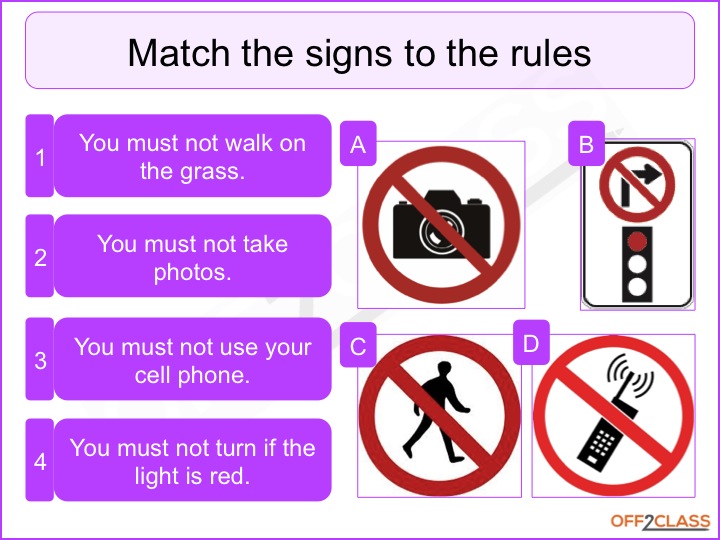



Teaching Must And Have To Necessity Modals Off2class




Must Mustn T School Rules B W Version Included Esl Worksheet By Katiana




Must Mustn T Can Have Don T Have To English Esl Worksheets For Distance Learning And Physical Classrooms




Grammar Games Advice Obligation Prohibition



1
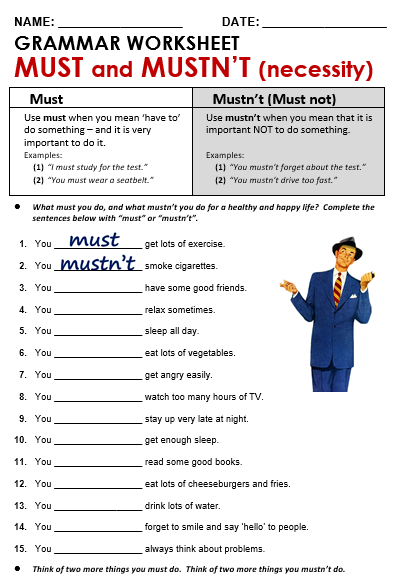



Must Necessity All Things Grammar




Modal Verbs Must Have To




Contractions List How To Pronounce Contractions In American English Youtube




Have To Don T Have To Must Mustn T
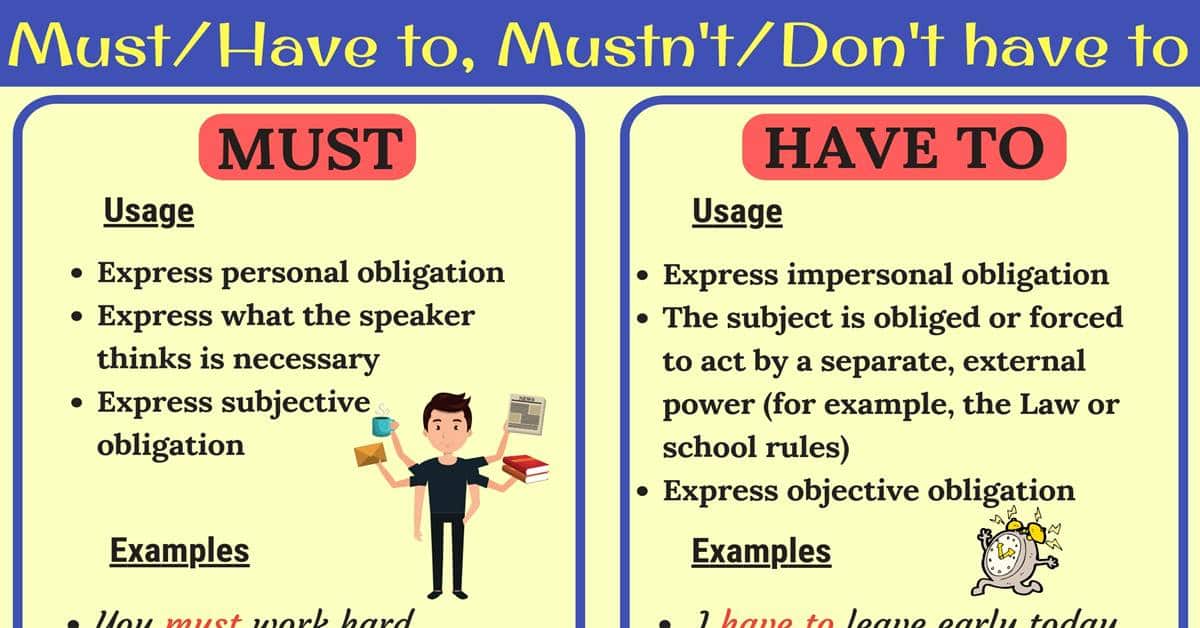



Must Vs Have To Must Not Vs Don T Have To 7esl
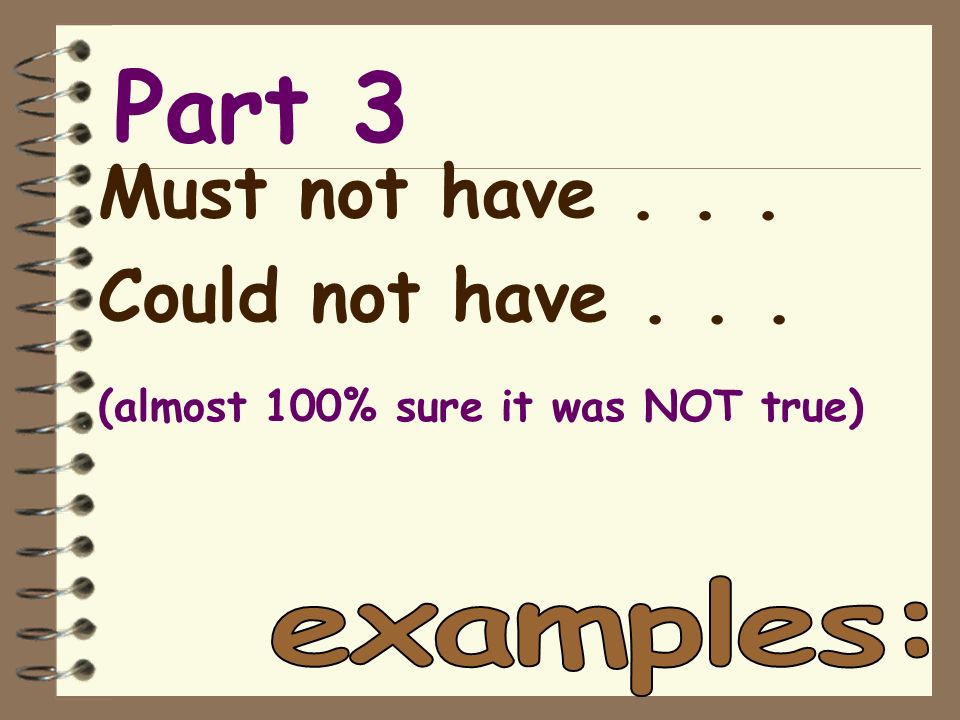



May Might Could And Must Have Ppt Video Online Download
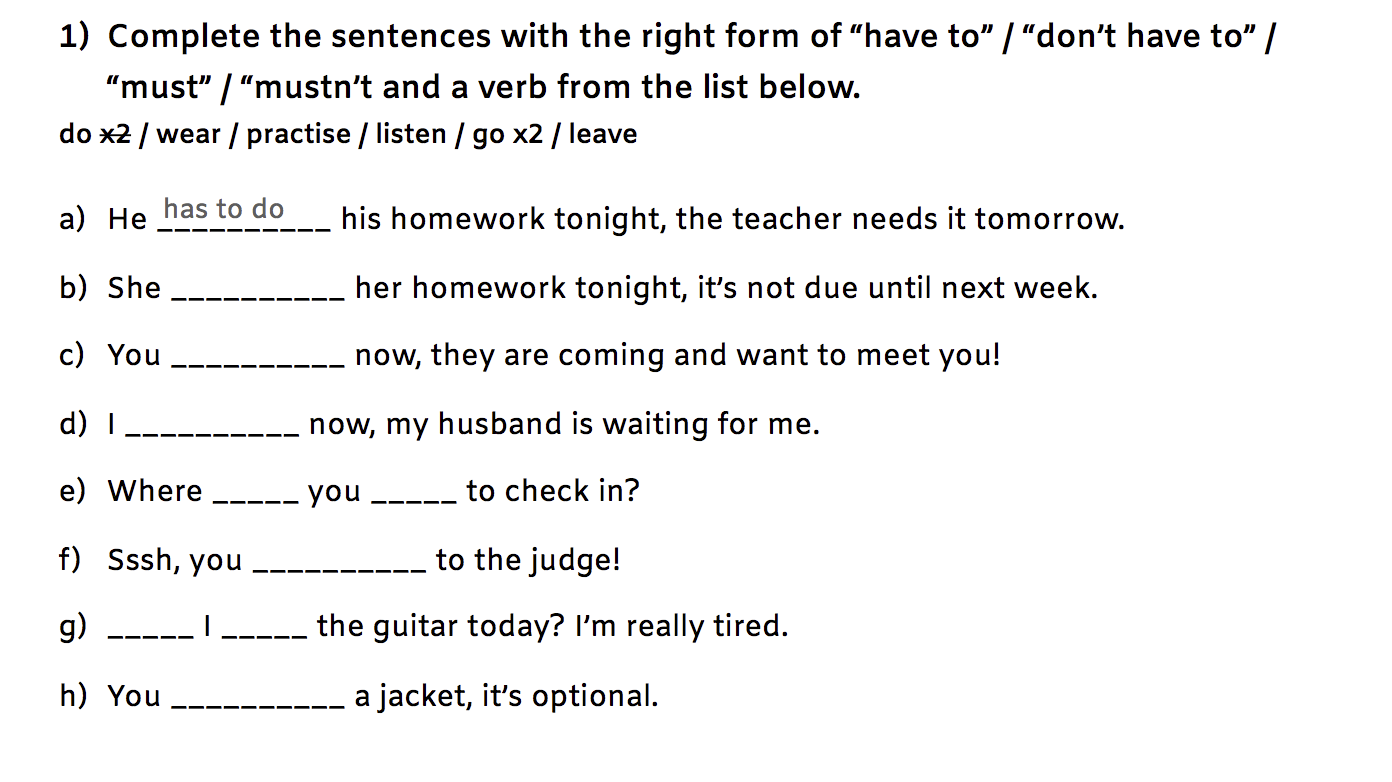



57 Free Have To Worksheets




Modal Verbs To Express Past Possibilities Lesson 26 English Grammar Youtube




7c Have To Don T Have To Must Mustn T Ppt Download




Germany Data Protection Officer Must Not Have A Conflict Of Interests Global Compliance News
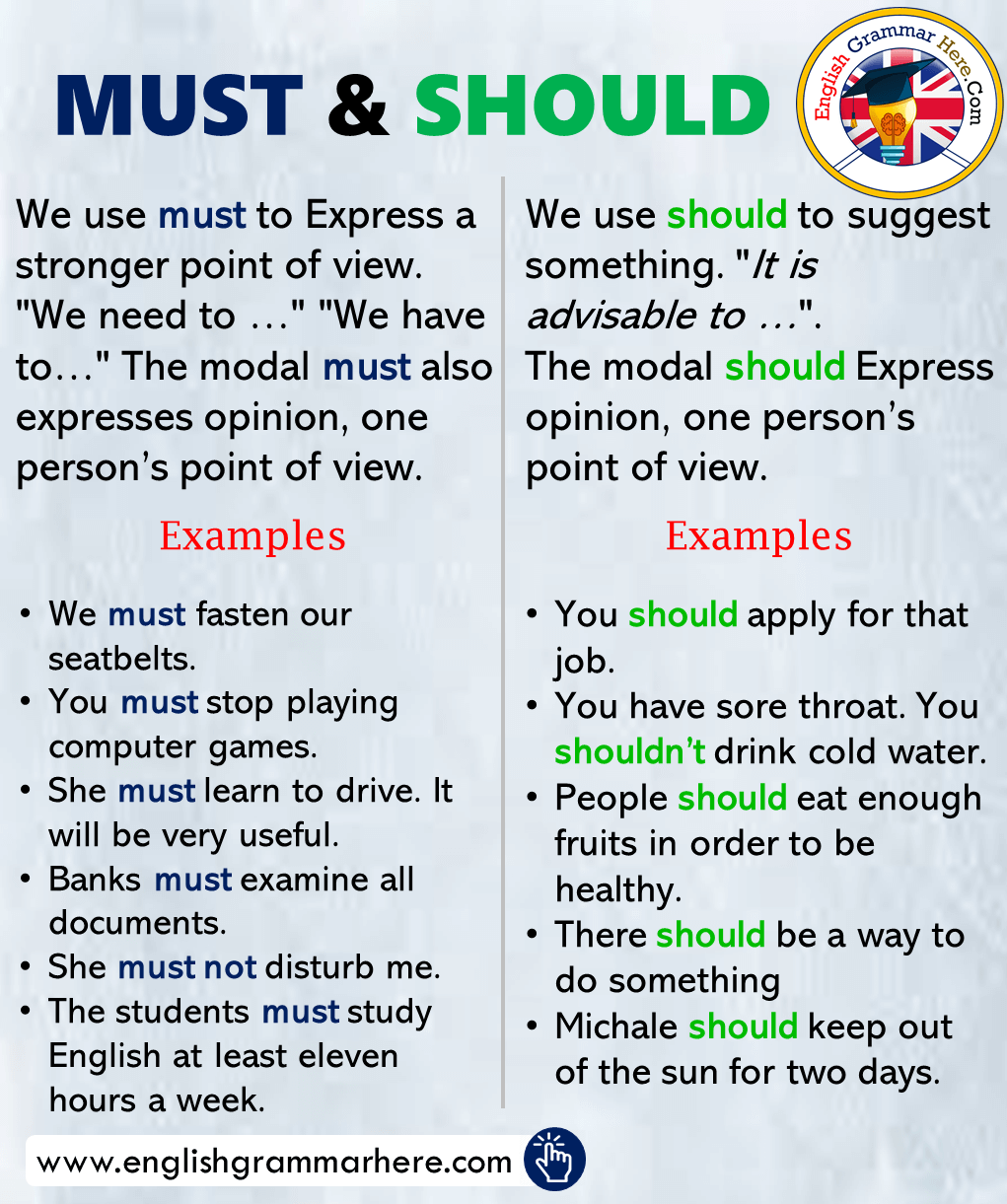



Using Must And Should Example Sentences English Grammar Here




Must Mustn T Can Have Don T Have To English Esl Worksheets For Distance Learning And Physical Classrooms



Keystone Light Made The Must Not Have Wearable Of The Summer Engadget




Learn English Must Not Vs Don T Have To Confusing Words English Language Teaching English Phrases




Abby Wambach Quote You Must Not Only Have Competitiveness But Ability Regardless Of The Circumstance You
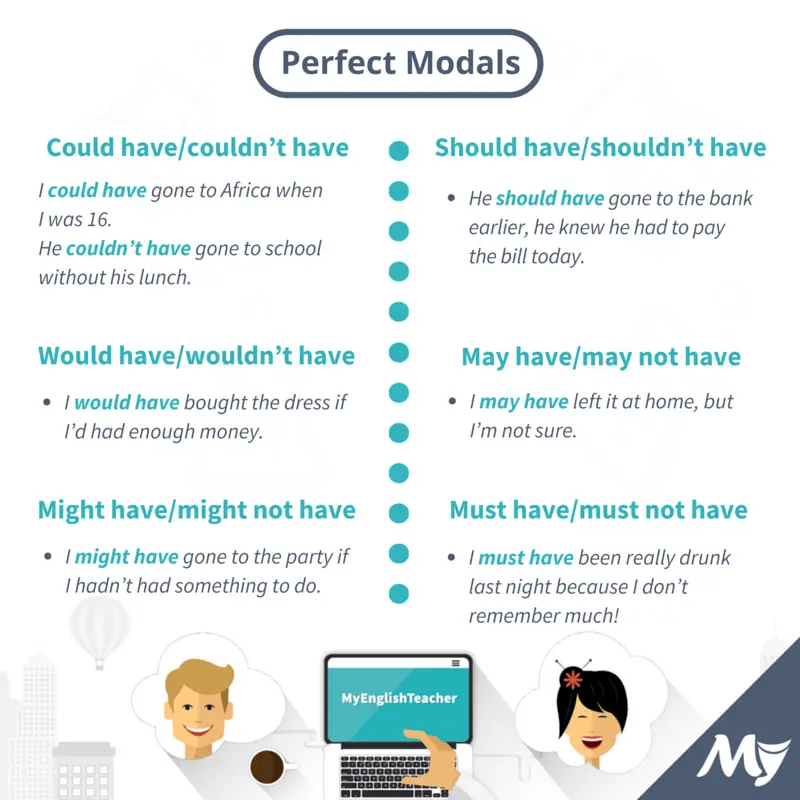



What Are Perfect Modals Their Meaning And Examples Myenglishteacher Eu Blog



0 件のコメント:
コメントを投稿